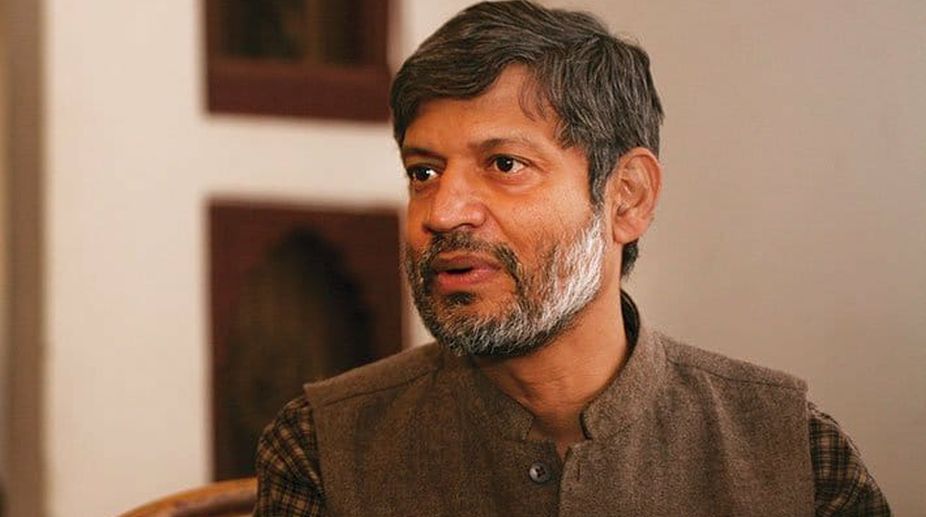At a time when there is increasing need for sincere and honest social activists to take up important issues of justice, accountability, peace and environment protection, many of them are being denied the democratic space necessary for taking their issues forward.
One of the most important strengths of democracy is that if some important issues are neglected by the government of the day, or if these get distorted by wrong policies, then space remains open for others to raise the issues or apply the correctives.
Advertisement
To ensure this, a system of certain basic freedoms and some support structures should be built into any vibrant democracy. Despite several shortcomings such a system has in fact been created in India and has been functioning with reasonable success.
Unfortunately, this system appears to be under stress as activists or potential activists feel increasing pressure to play a more compromising role.
In the context of these wider changes a recent case which has generated a lot of resentment has been reported from Kishangarh, Ajmer district of Rajasthan, an area known at the national and even international level as an important base of the Right to Information (RTI) movement. In this case on June 13, a prison sentence of four months was given to some prominent RTI activists who have attracted national or even international attention for work in RTI and related issues.
One of these activists who has been given a prison sentence is Nikhil Dey, an internationally known activist who played a very important role in campaigns for passing legislations relating to RTI and rural employment guarantee and subsequently for their proper implementation.
Son of a very senior and distinguished ex-Air Force officer from Bengal, De has been involved in social causes from a young age.
His integrity was matched by his ability to carry other activists and groups of activists together, to plan and prepare very useful documents and drafts and to negotiate with quiet determination to protect the interests of weaker sections.
He has been sentenced to four months imprisonment on charges of trespass and simple hurt, charges leveled by a sarpanch who was accused of corruption by many villagers and who doubled as a liquor contractor as well.
Another activist who received a prison sentence in the same case is Naurati Bai, a Dalit activist who made a national impact by her appeal to the Supreme Court to ensure that the legally fixed minimum wage was paid at drought relief work sites.
She was active in the women’s movement as well as in the RTI movement and the movement for rural employment guarantee. Famous social activist Aruna Roy once described Naurati as her guru. Subsequently Naurati emerged as a model woman panchayat leader who could achieve a lot for her village in the midst of hostile conditions.
Another activist who got a prison sentence in this case is Ramkaran who is known in Rajasthan as a selfeffacing and silent social worker. Besides RTI, he has been involved in other constructive activities including the co-ordination of important water projects which are known for achieving good results at low costs. Having travelled with him to several remote villages, I was happy to see how much regard rural folk for him.
He is also regarded for his skills in social audits. Why did they get prison sentences? When they received complaints of corruption against a sarpanch from villagers they collected evidence and then approached the sarpanch and other responsible authorities for information on various works. But no matter how many times information was sought, the sarpanch did not provide this. It was due to this refusal that the activists took a letter of the Block Development Officer to his residence.
It is here that the sarpanch accused them of trespass and causing simple hurt, a charge stoutly denied by the activists. The People’s Union of Civil Liberties, Aruna Roy and the MKSS, an organization of workers and peasants, have released statements that these activists were the victims and not the perpetrators of this violence.
While several eminent persons have come forward to demand justice for them and the prison sentence is suspended pending an appeal, this incident appears to be part of a rising trend of growing victimisation of activists, violence against them or implicating them in cases. RTI activists and whistleblowers have had to bear a heavy burden.
This trend has to be checked, for its continuation or accentuation will harm greatly the very base of democratic struggles and hence of democracy itself.
The writer is a freelance journalist who has been involved with several social movements and campaigns.











